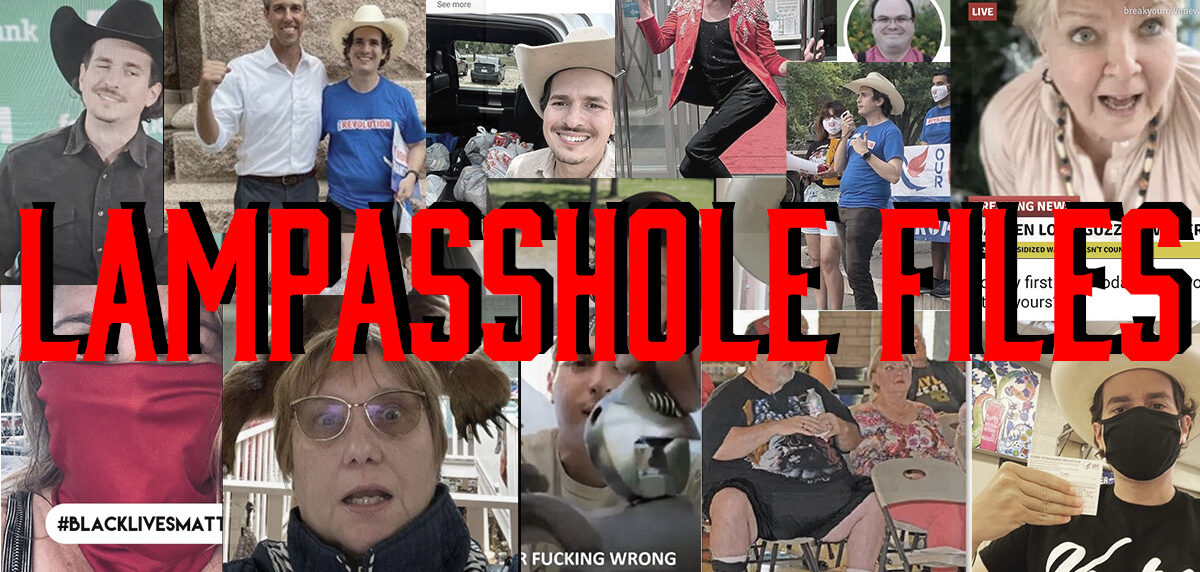A history lesson of where the desire for free stuff and equity will lead us to.
The backbone of Mao’s revolution was the Chinese peasants who believed that they would get free land and be made equal.
Free stuff! Equity! Social justice! Sound familiar?

They indeed were able to confiscate the land from landlords and divided it equally among themselves through the brutal Land Reform (1949-1952) which led to the death of more than 2 million landlords.
But within a few years, new “inequality” emerged. Some people were doing better than others. Who would guess it! Some people are just born losers and they are the types clamoring for socialism…

No worries. There was a solution: collectivization. This time the CCP will make everyone absolutely equal. Collective farming started as “voluntary” option. Guess who were the ones strongly supporting it? Those who did not do as well their neighbors!

Eventually all peasants were forced to be collectivized into people’s communes. The land and all means of production now belonged to the PEOPLE (aka the STATE), they were told.
The result? THREE YEARS of the Great Famine (1959-1961) which killed up to 50 million peasants.

Socialism has always led to the death of millions of people in whatever country it was attempted. It is led by cynics who exploit the envy of the people who simply don’t measure up at the expense of the successful. So it ends up being a death spiral, literally. Once you believe success comes from dishonesty vs expertise, you are done.
Soviet Russia had a similar experience to China. The collectivization of farming in Russia let to the Ukrainian Holodomor in the 1930’s. It caused the death of millions of Ukrainian people due to starvation.
Socialism is directly opposed to human nature, and therefore can never be achieved without force and the resulting death of many. Socialism can only be implemented through tyranny and oppression.
As Mao said, “political power grows out of the barrel of a gun”. He had good reasons for making such a statement.

